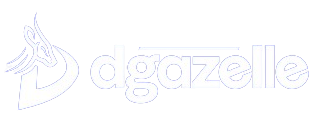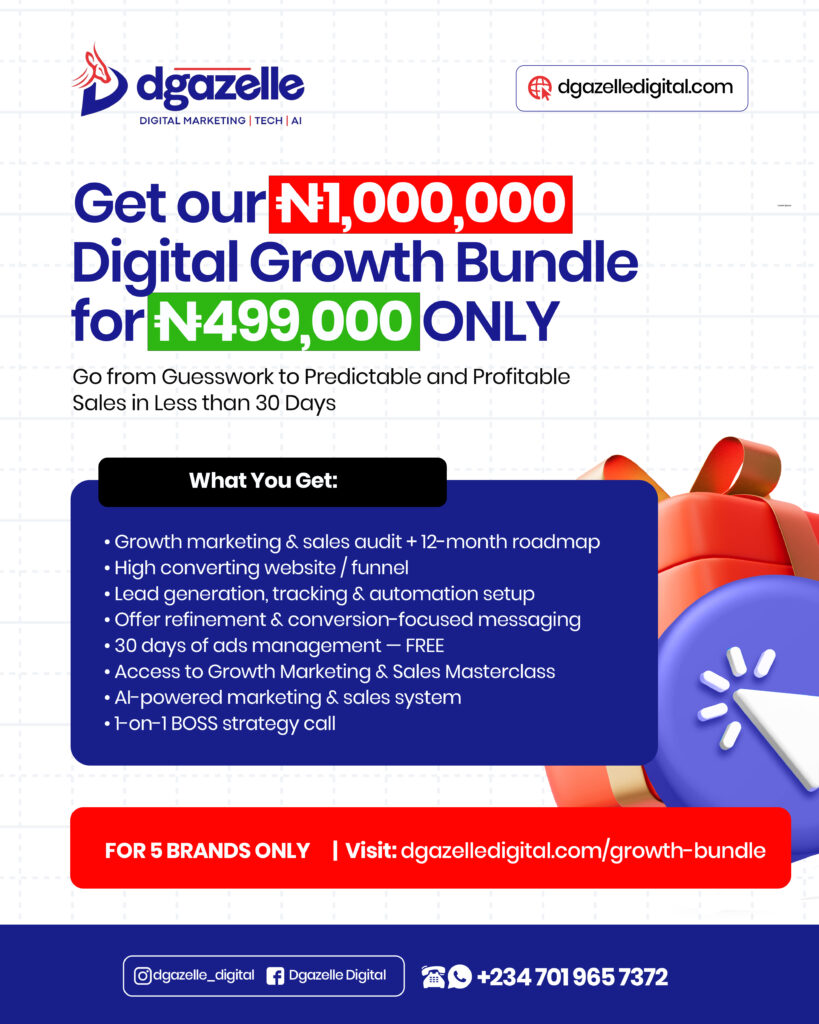Promoting a brand, business, service, or product in a way that is consistent with your beliefs and values is known as ethical marketing. Businesses must expose their operations and goods in order to practice ethical marketing. They can’t use misleading marketing.
Ethical marketing increases customer trust by being truthful and open. Because they won’t be mistreated or deceived, customers purchase with confidence. Honesty, morality, and culturally and socially conscious marketing are encouraged. Consumers receive honest and equitable treatment.
Definition of Ethical Marketing
A marketing approach that prioritizes ethics and ideals over promotional tactics is known as ethical marketing. By considering what is appropriate and inappropriate for the target audiences or society, it directs marketing strategies.
Fairness, honesty, accountability, and confidence in a company’s marketing policies are all encouraged by every facet of marketing ethics. By using ethical marketing, a business benefits customers by supporting social and environmental causes.
It builds enduring brand-customer partnerships based on common values and objectives. There are no strict rules when it comes to ethical marketing. The guidelines need to help businesses or brands assess the newest marketing tactics.
Importance of Ethical Marketing
Since it shields a business from legal issues and damages its reputation, marketing ethics are crucial. It serves as the cornerstone for customer credibility and trust, increasing brand loyalty and guaranteeing a positive reputation. Businesses that adopt ethical practices, such advocating for energy conservation or fair-trade goods, benefit both society and the environment and set themselves up for long-term success and profitability.
However, ignoring ethics can have detrimental effects, such as losing clients, facing legal action, and incurring financial fines. Every mistake can go viral in today’s connected digital world, drawing widespread criticism and possibly causing long-term harm to a company’s reputation.
The Principles of Ethical Marketing?
In the context of marketing, numerous fundamental ethical principles come into play. These core principles regulate how organizations connect customers, establish pricing, express their values, and take responsibility.
- Justice: Establishing justice as a fundamental principle in decision-making entails a business’s commitment to fair pricing, providing excellent compensation, and promoting long-term success. This concept emphasizes how important it is to treat all parties involved fairly and equally.
- Sincerity: The foundation of moral behavior is sincerity. Honest businesses make sure that their marketing materials present accurate and measured information about their services without placing undue focus on effect or functionality. This entails staying away from any marketing strategies that can be interpreted as dishonest.
- Accountability: Businesses can emphasize their accountability in a variety of subtle ways, such as by demonstrating their dedication to providing high-quality products or services, supporting social causes, giving back to the community, treating employees with respect, or promoting environmental preservation through sustainable practices. This concept establishes a reputation for dependability and is essential for corporate social responsibility.
- Openness: The openness concept in an organizational setting refers to a company’s readiness to be honest about its operations. The sustainability and environmental impact of its goods, as well as the moral treatment of its personnel, are paramount. Stakeholder loyalty and trust are increased by this emphasis on transparency.
Developing Ethical Marketing Strategy
Providing resources for assessing marketing tactics is known as ethical marketing. It begins with a thorough examination of the company, its clients, and the industry in which it operates.
Since ethics are nebulous, a business must determine which aspects of advertising are morally acceptable. The company’s marketing campaign delivery strategy must be agreed upon by marketing experts. The business must concentrate on stating truthful statements or falsely disparaging rivals, etc. The advertisement’s capacity to influence customers must be balanced with its truth.
Ethical marketing may draw attention to how a company’s reputation has improved. It can establish a solid rapport with customers. For instance, businesses in the cosmetics sector that embody ethical marketing must make a commitment to their employees, do away with animal experimentation, maximize the use of organic products, refrain from objectifying women or encouraging color biases, etc.
Brands should take the following four actions when creating ethical marketing strategies:
- Offering safe and suitable products
- Defining the company’s marketing and business ethics
- Be aware of what the value of your product is
- Know the social trends and values
Consumer Behavior and Marketing Ethics
Any brand or organization’s integrity and survival depend on its ability to comprehend and address marketing ethics in consumer behavior. Fundamentally, ethical marketing places a strong emphasis on accountability, fairness, and transparency in all forms of advertising and consumer relations. Promoting ethical marketing strategies aids in establishing long-term client relationships and trust.
- Fair Pricing plan: You may boost customer confidence and loyalty by using a pricing plan that accurately represents the true value of your product.
- Respect the law: Keep in mind that ethical marketing is built on, not on top of, legal compliance. Always abide by the legal restrictions set forth by the government.
- Transparency is key: Always be clear about your product’s features, capabilities, and limitations. Withholding information has the ability to permanently damage your brand’s reputation and undermine consumer trust.
- Customer’s privacy protection: Before using a client’s data, get their consent. Keep their data safe from unauthorized access and abuse.
- Sincere advertising: Produce messages that are direct and accurate. Steer clear of making ostentatious claims that could mislead clients into making regrettable purchases.
- Safety First: Verify that all products or services that are marketed are both legally compliant and actually safe for consumers to use. Priority should be given to this dedication to consumer protection.
Conclusion
On a concluding note, it is clear that ethical marketing effectively optimizes brand reputation and increases employee and customer retention. It motivates employees to make a difference or apply to social causes. Plus, customers trust a brand that follows marketing and business ethics in its campaigns and channelization.
An ethical company promotes responsible marketing, offers a sense of purpose to workers, and adds value to society. Business should audit their current marketing strategy and check how it could be tweaked in line with the principles of ethical marketing.
GET IN TOUCH
Boost your brand reputation with ethical marketing strategies from Dgazelle. Build trust, drive impact, and grow your business the right way








